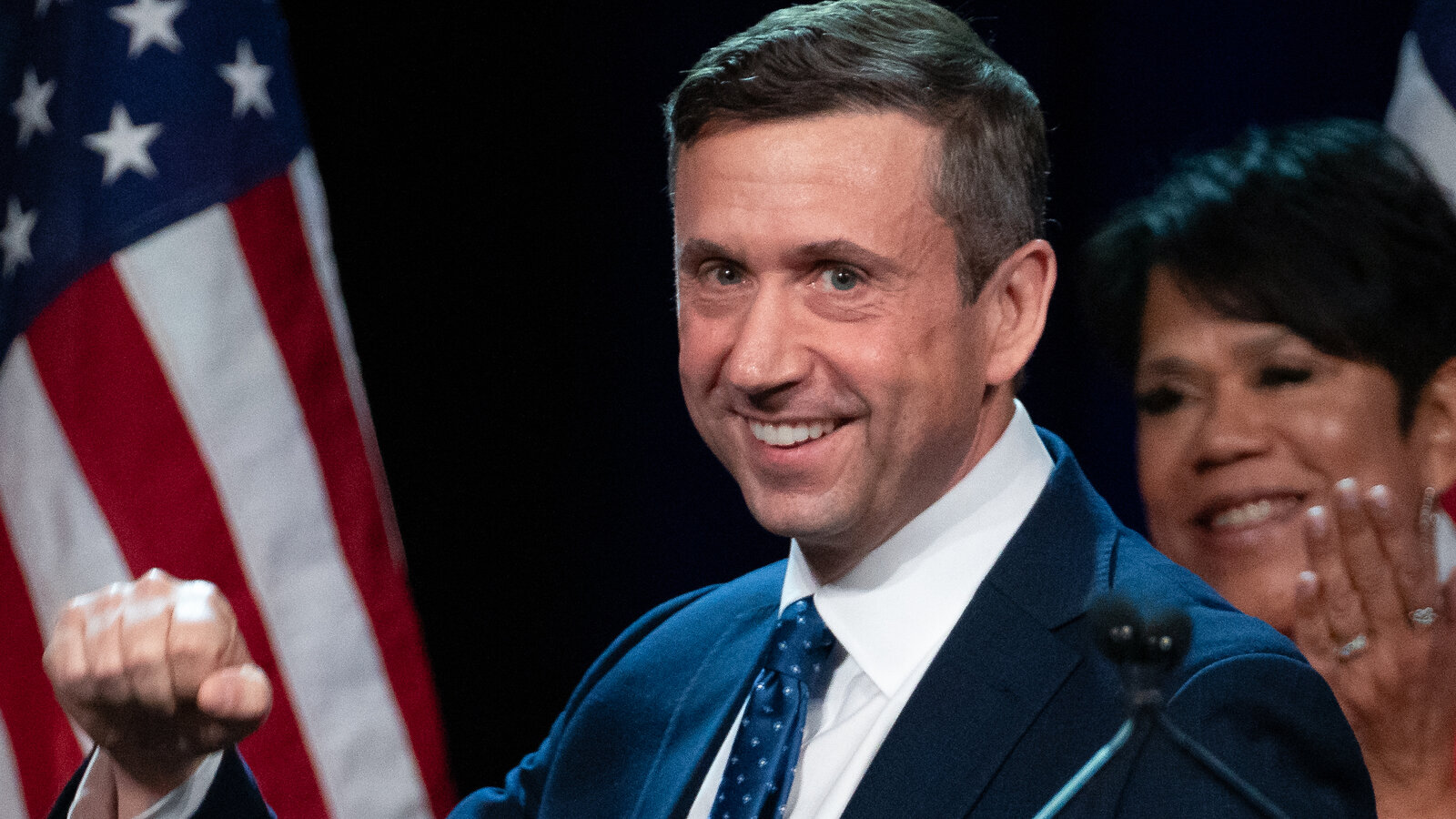Minnesota's Rising Star: How Democrats Tapped a Savvy Political Strategist to Lead

In a strategic move to reinvigorate the Democratic Party's leadership, Ken Martin—a seasoned and influential state party chair—is set to helm the Democratic National Committee (DNC). This leadership transition comes at a critical moment as Democrats seek to regain political momentum and develop innovative strategies to reclaim their electoral power.
Martin, known for his deep connections and political acumen, brings a wealth of experience to the national stage. His appointment signals the party's commitment to rebuilding its grassroots infrastructure and crafting a compelling narrative that can resonate with voters across diverse constituencies.
As the DNC looks to chart a path forward, Martin's leadership is expected to focus on key challenges: energizing the party's base, developing targeted outreach programs, and creating a cohesive strategy to compete effectively in upcoming election cycles. His track record of political organizing and strategic planning positions him as a potentially transformative leader during this pivotal period for the Democratic Party.

